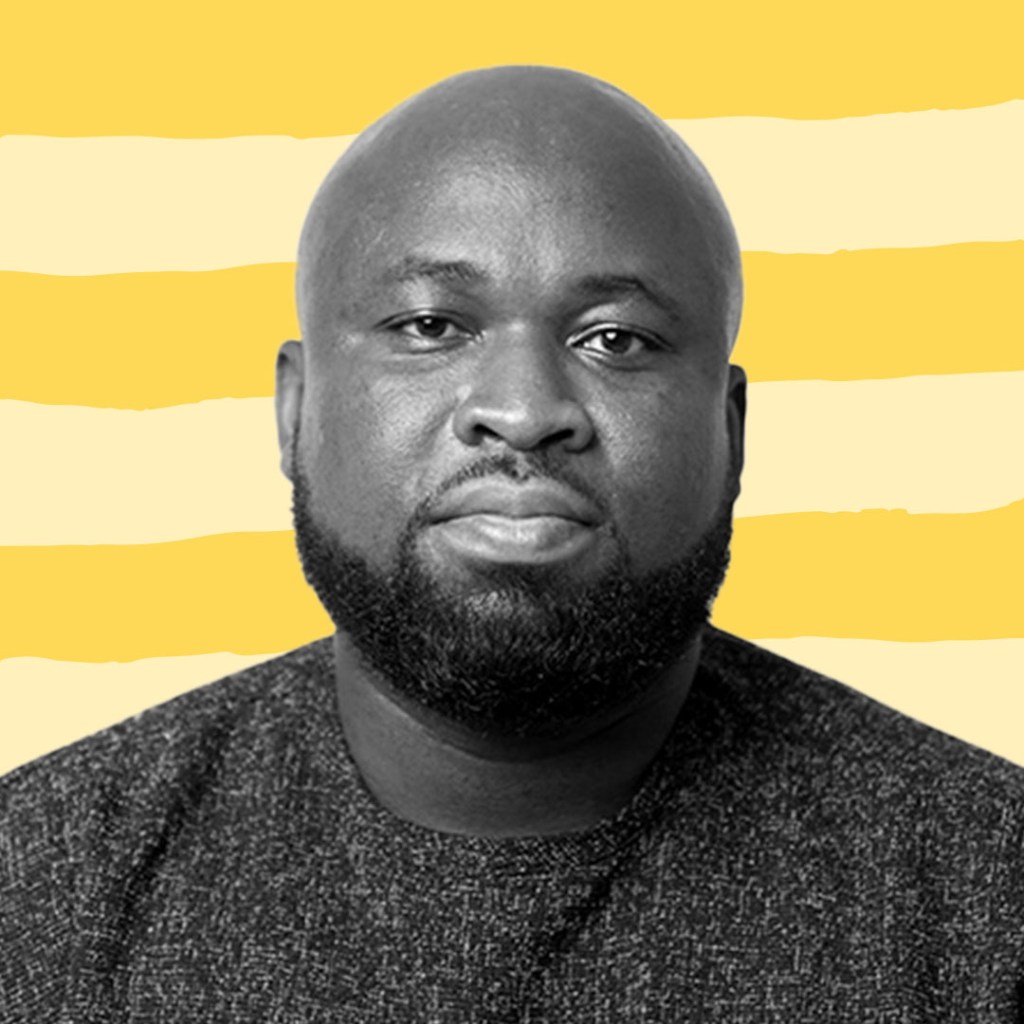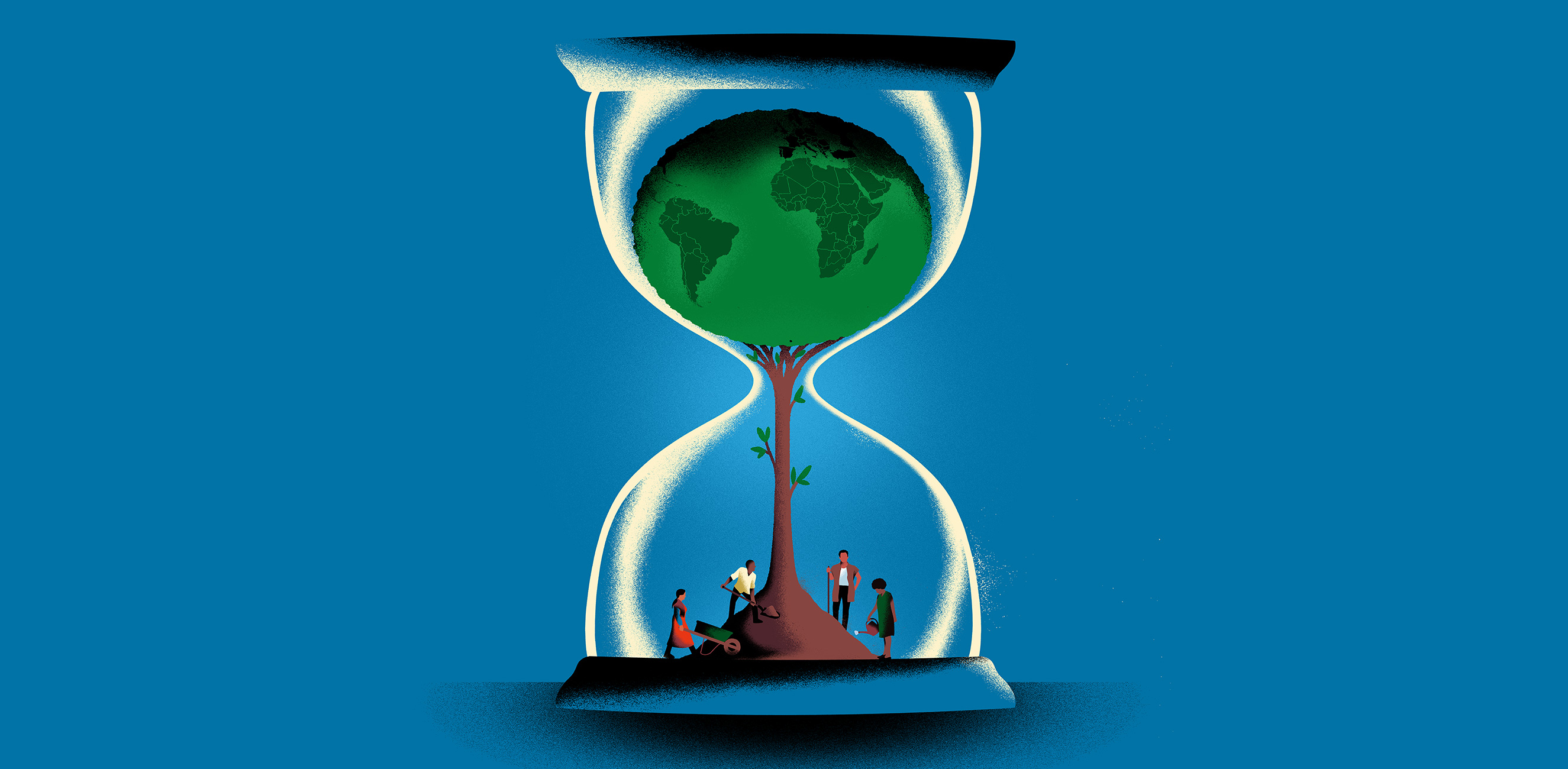
As a policy lead for the Africa Center for Energy Policy (ACEP) in Accra, Ghana, Kodzo Yaotse has long known that the communities living on Africa’s vast natural resource wealth are often the last to benefit from it, and they are regularly excluded from the decision-making processes that affected them most. Today, with Africa becoming central to the global green energy transition, he works to change that equation.
At ACEP, Yaotse crafts policy and builds governmental and civil society partnerships that make the energy sector more transparent, more sustainable, and more inclusive, both in Ghana and across Africa. As he does so, he focuses on engaging communities and voices that have been historically excluded from these discussions and narrowing inequalities that exist in current climate justice systems. ACEP’s mission is rooted in the belief that Africans deserve to benefit from their countries’ natural resources, and that those benefits should be shared equitably among all people and communities.
“The goal is to create access to the economic opportunities from the resource space for marginalized communities,” Yaotse said. “Through work with governments, community groups, partner organizations in other countries, and private corporations, the Center works to ensure more responsible revenue governance, more fair and transparent contracts with the extractive industry, and more robust civic institutions that can represent local communities in critical conversations about the future.”
Learn more about Climate Justice Cultivators
For Yaotse, a Ford Global Fellow, creating space for historically excluded people—including women, young people, and people with disabilities—has been an essential and long-running component of this work. “Working with these communities requires more than just consultation. It demands intentional inclusion, power-sharing, and trust,” he said. “You need to stay with the community for a long time to see the impact that you want to see. The longer you stay, the more trust you’re able to build.”
When ACEP started working on disability inclusion as a part of its energy work, Yaotse received many questions about the connections between energy policy and disability policy. In showing the overlapping human rights concerns between these sectors, he has led the Center through an easily replicable model for other groups that work in resource governance and want to open dialogues for historically underrepresented voices in their own communities and countries.
ACEP works with African government agencies to ensure that people with disabilities, women, and children can all benefit from development in extractive industries, instead of continuing to be disproportionately harmed by them. It has partnered with Ghana and Sierra Leone’s work with the Extractive Industries Transparency Initiative, an organization dedicated to improving standards for information disclosure in extractive industries around the world, to publish inclusive annual reports that are accessible to people with disabilities. As the organization works on just energy transitions with organizations across the African continent, it also collaborates with academics, journalists, members of government, and civil society organizations to train young leaders and reimagine what equitable natural resource management looks like for all Africans.
“Our work is important because we are creating new ideas,” Yaotse said. “They are alternatives that can reengineer our governance models to ensure that we are building a more equitable and just system.”
